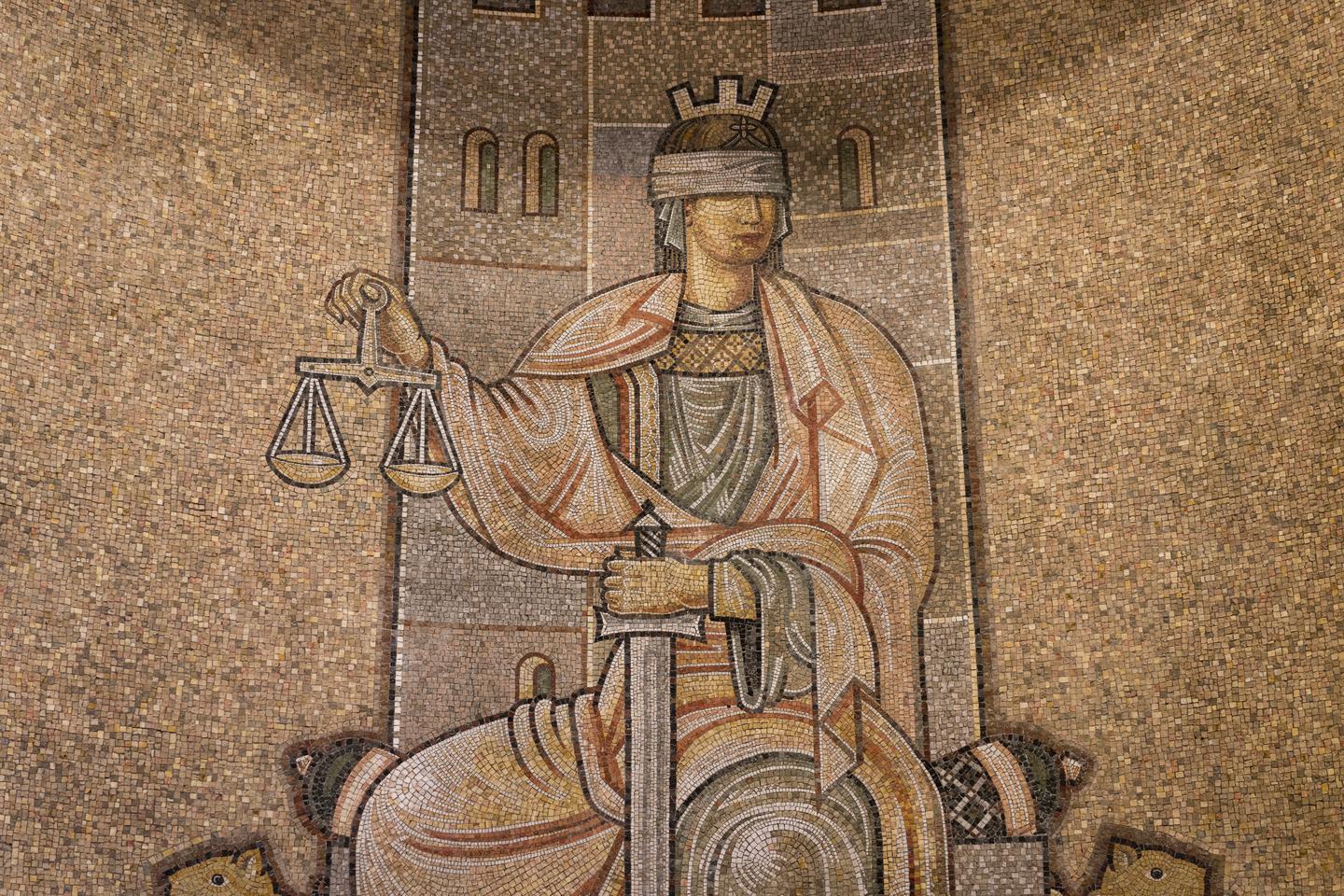Key information about the programme
- The programme is operated by: The Ministry of Finance of the Czech Republic
- The International Partner Organisation in this programme is: the Council of Europe.
- The programme’s objective is to improve good governance by improving integrity, accountability, and the transparency of public administration.
- The programme funding amounts to € 5 million (excluding co-financing) and is funded by the EEA Grants.
Why is the programme needed?
The Czech Republic faces challenges regarding general distrust and low confidence in Czech authorities/administration due to a complex mixture of reasons which influence the public’s perception. The main reason identified is the complexity of the current system of governance and the complications of its administrative processes. Although attempts to reform the governance system have been made, they have been hampered by political interferences.
Another problem is the large number of Czech municipalities/local authorities. Approximately 90% of all municipalities have a population fewer than 2,000 residents. This fragmentation of the population creates a number of challenges, such as low administrative capacity to deliver services, and to deliver services equally compared to other municipalities. This creates disparities between municipalities, specially between urban areas and less-populated rural areas.
Corruption and financial mismanagement remain a problem in the Czech Republic. This is reflected in The International Corruption Perceptions Index (CPI) where the Czech Republic ranked relatively low at 42nd place in 2017. This low-ranking signals that there remains a challenging culture of corruption and bribery in the country which needs to be addressed. The most basic instrument of the government’s fight against corruption is its public administration, it is therefore necessary to de-politicize public administration, provide additional funding for trainings and events that facilitate exchanges of best practices and knowledge, and to strengthen the system of financial control in public administration. Finally, as the Czech Republic primarily uses the national budget as its main financial source for anti-corruption and anti-money laundering measures, reducing funding gaps is crucial to achieve these goals.
The programme will therefore address the need of reforming and strengthening public administration and to increase public trust in Czech authorities.
What will the programme achieve and who are the beneficiaries?
The primary programme objective is to improve the integrity and accountability of public administration, and to increase citizen’s confidence in a public administration that will be less susceptible to corruption, that will be closer to citizens, which will be assessed by relevant national and international bodies. This will be done through focusing on:
- improving the responsiveness of public administration to citizens’ needs
- improving the accountability of public administration
- improving the performance of the Police Force of the Czech Republic to detect and combat corruption, money-laundering, and terrorism financing by deepening the professional qualification of the law enforcement authorities.
The Good Governance programme includes 5 pre-defined projects and 1 small grant scheme.
The programme will include a re-evaluation of disparities in the quality of public services and their delivery to the public which will result in the adoption of proposals to re-structure those services. Additionally, Czech authorities will be supported in how to communicate with the public and how to involve them in the community’s activities.
The anti-money laundering system and the combating terrorist financing system will be improved through professional trainings, foreign study trips, and international conferences attendance for law enforcement officials, as well as through software purchasing, and awareness/publicity campaigns targeting the general public.
Finally, the programme will support the anti-corruption capacity of the judicial system, preventing corruption and promoting whistle-blowing, through wide-ranging discussion on a code of conduct for judges and public prosecutors followed by awareness-raising activities, and the public sector will emphasise on issues regarding conflict of interests.
How will the programme strengthen bilateral relations?
The programme will contribute to the strengthening of bilateral relations between the Czech Republic and the Donor States. The programme encouraged and facilitated donor partnership projects which is reflected with the participation of several Norwegian Donor Project Partners: Noroff University College in Kristiansand, the Norwegian University of Science and Technology and the Department of Computer Science at Kristiansand.
The strengthened bilateral co-operation will be ensured by exchanging best practices and experiences, and through joint participation in match-making and training events.
The Good Governance programme has an important international element to it with the useful involvement of the Council of Europe as an International Partner Organisation.
Thanks to this programme, we expect that:
- 98 Czech municipalities will receive support to involve citizens in public policy decision making
- 200 professional staff to be trained in order to improve the quality of public service delivery
- 766 employees of the Czech Police Authority to receive training in anti-corruption, and anti-money laundering policies.
- 100 judges, public prosecutors and other judicial officers to receive anti-corruption training
- 1000 government and local officials to be reached by awareness raising campaigns on whistleblower protection
Availability of funding through open calls
Funding in this programme will be made available through the following:
- Small Grant Scheme (SGS) “focusing on topics related to the involvement of the public in decision making processes” will be launched in the first quarter of 2020.
Download the full programme agreement for more detailed information about the programme.
More information can also be found on the website of the EEA Grants in the Czech Republic.
